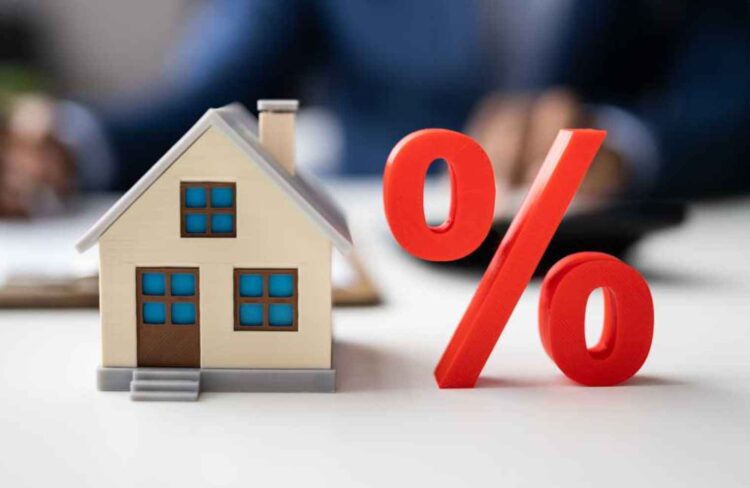As homeowners age, finding ways to maintain financial stability becomes increasingly important. Often, the equity built up in a home can be a valuable asset that many seniors wish to access to cover living costs, medical bills, or home improvements. A reverse mortgage is one such financial product that allows older homeowners to tap into their home’s equity. However, before deciding to take on such a loan, it is crucial to understand the associated interest rates. This article offers a guide to reverse mortgage interest rates and how they affect the overall cost of these loans.
What is a Reverse Mortgage?
A reverse mortgage is a type of loan that permits homeowners aged 62 or older to borrow against the equity in their home without having to make monthly mortgage payments. The loan is typically repaid when the borrower sells the home, moves out permanently, or passes away. As the name suggests, the cash flow is reversed, with the lender making payments to the borrower.
Understanding Reverse Mortgage Interest Rates
Interest rates for reverse mortgages are a critical aspect of the loan that will determine the overall cost over time. Unlike traditional loans, the interest on a reverse mortgage compounds, meaning that the borrower is not just paying interest on the principal amount borrowed, but also on the accumulated interest.
Reverse mortgage interest rates can be either fixed or variable. A fixed rate is set at the closing and doesn’t change throughout the lifetime of the loan, offering predictability. Variable rates, on the other hand, change based on market conditions, guided by an index rate plus a lender’s margin. Variable rates can offer lower costs initially but carry the risk of increasing over time.
Factors Influencing Reverse Mortgage Interest Rates
The interest rates on a reverse mortgage are influenced by several factors, including the borrower’s age, the current market rates, the value of the home, and specific lender’s fees. Rates will vary from lender to lender, so it is essential to shop around and compare offers. Additionally, government regulations may also impact the rates that lenders can charge.
Impact on Loan Balance
It’s paramount to comprehend that over time, the interest on a reverse mortgage will increase the loan balance, as interest is not being paid out of pocket. This means that over the years, the amount that must be repaid can grow substantially, potentially leaving a smaller amount of home equity for the borrowers or their heirs.
Rate Caps
For those considering a loan with a variable interest rate, understanding rate caps is vital. These caps limit how much the interest rate can increase either annually or over the life of the loan, offering some protection against spiraling interest expenses.
The Importance of Comparison
When considering a reverse mortgage, shopping around for the best interest rates and comparing offers from multiple lenders is an important step. Each lender may have different fees and rates, and it’s important for homeowners to ensure they get the best deal that fits their financial circumstances and goals.
Advice from Financial Experts
Discussing one’s situation with a financial advisor or a reverse mortgage counselor is highly recommended. They can help unpack the nuances of reverse mortgage interest rates and offer advice tailored to an individual’s unique financial scenario. Seeking a variety of perspectives will provide homeowners with a comprehensive understanding and enable informed decision-making.
Long-Term Considerations
Future plans must also be taken into account when considering a reverse mortgage. Homeowners should think about how long they intend to stay in their home and how the accumulating interest will affect their equity over that period.
Conclusion
Reverse mortgages can be a beneficial tool for seniors looking to utilise the equity in their home to improve their quality of life during retirement. However, a clear understanding of reverse mortgage interest rates and their long-term impact is essential. By carefully considering the factors that affect interest rates and the total loan balance, homeowners can better assess whether a reverse mortgage is a suitable option for their financial future.
Homeowners should remember that while a reverse mortgage may offer financial relief, it is important to consider all implications, including the reduction of equity and the potential impact on inheritance for their heirs. Armed with knowledge and expert advice, seniors can navigate the complexities of reverse mortgage interest rates and decide the best path forward for their circumstances.
In summary, it’s the combination of prudent financial planning, comprehensive market research, and thoughtful consideration of personal and family goals that will guide homeowners to make the most favorable decisions about engaging with reverse mortgage products. As with all significant financial decisions, the key lies in education, understanding, and a cautious approach to the options available.











